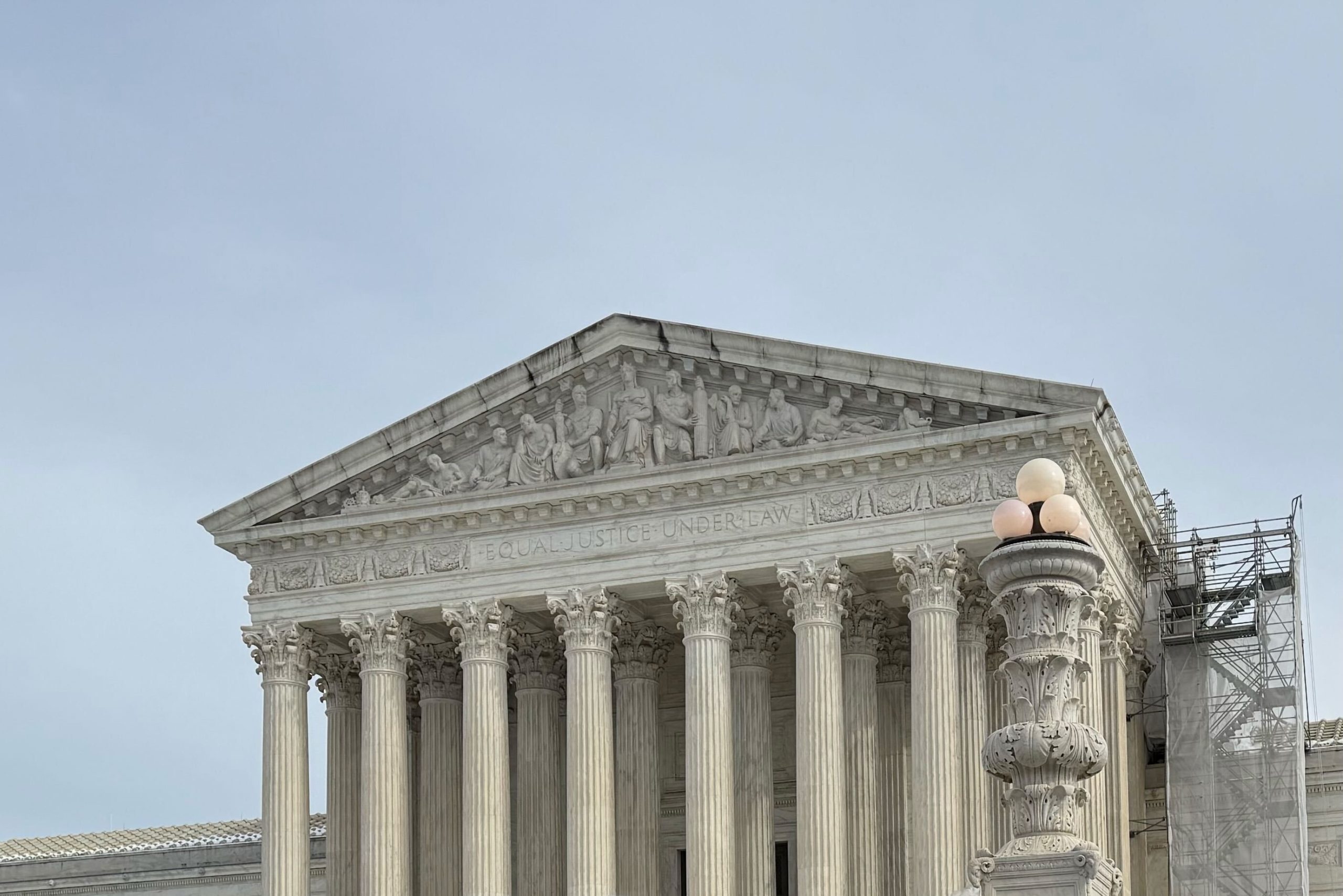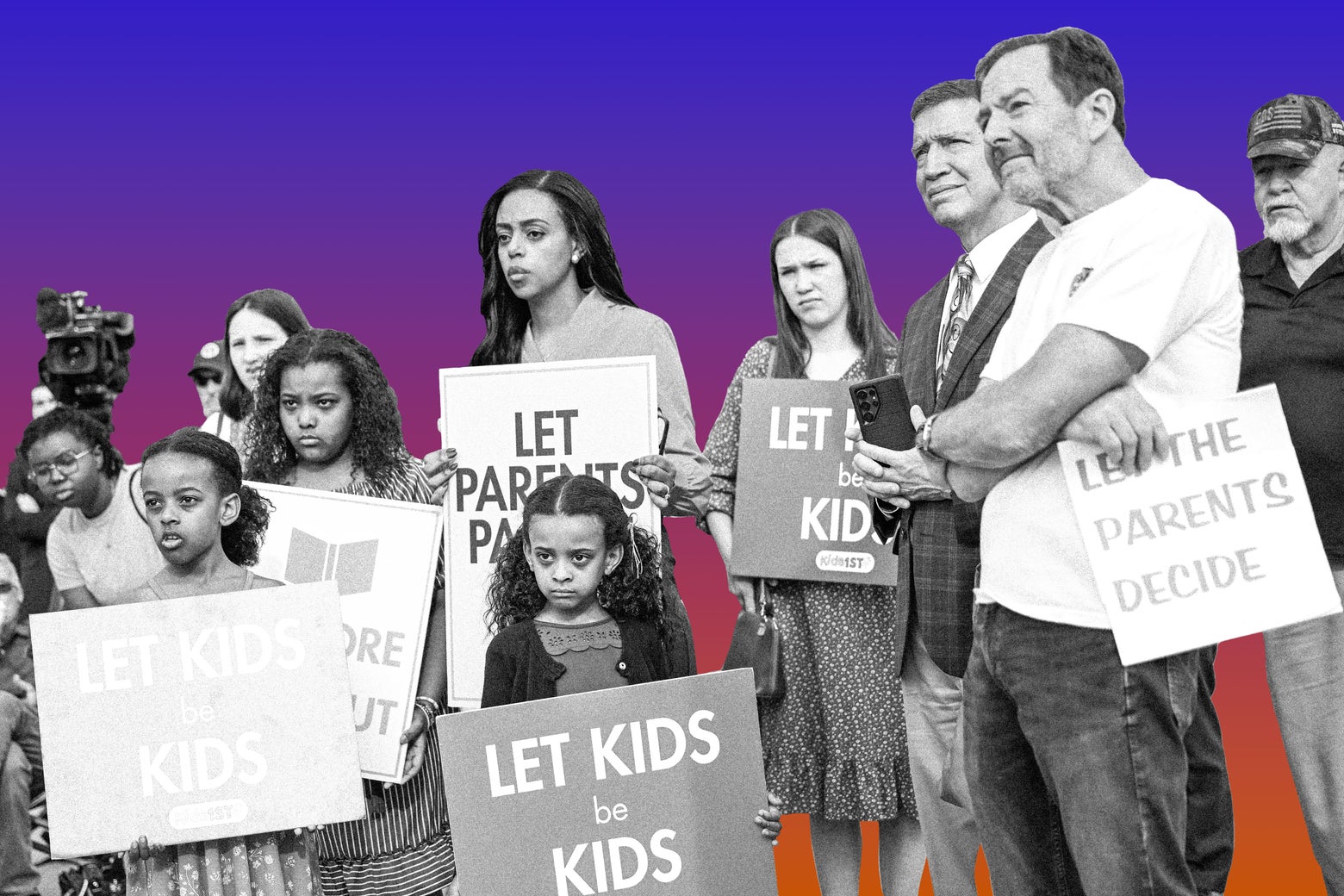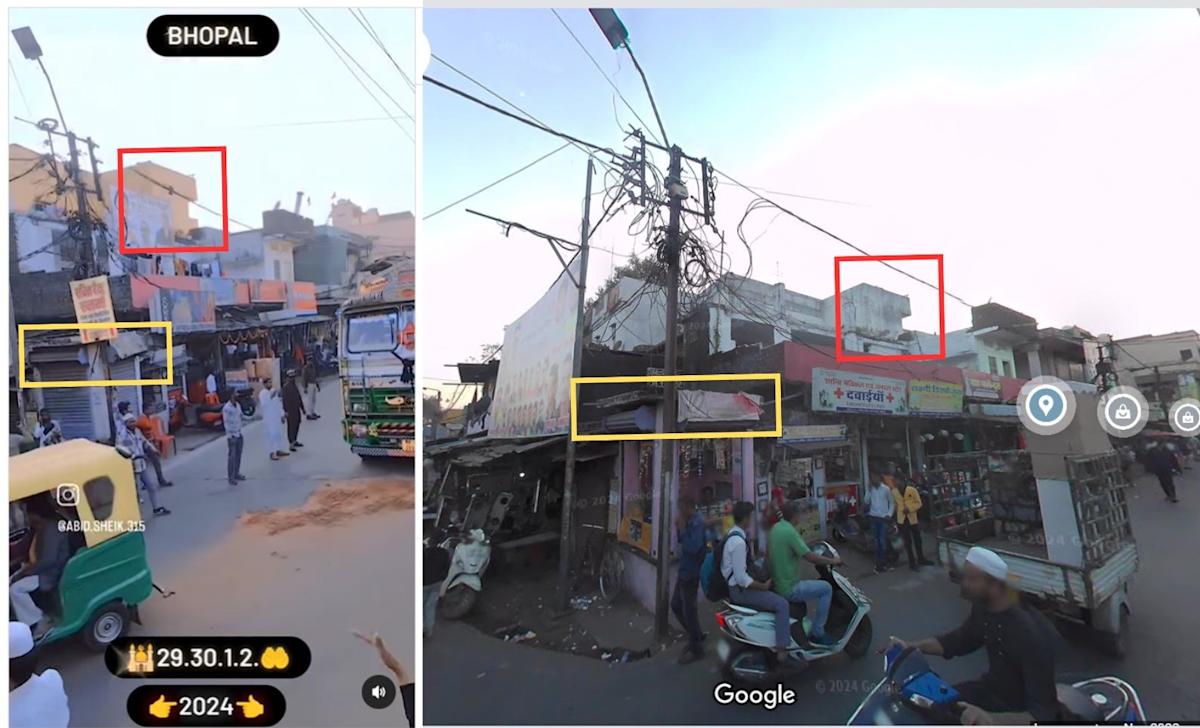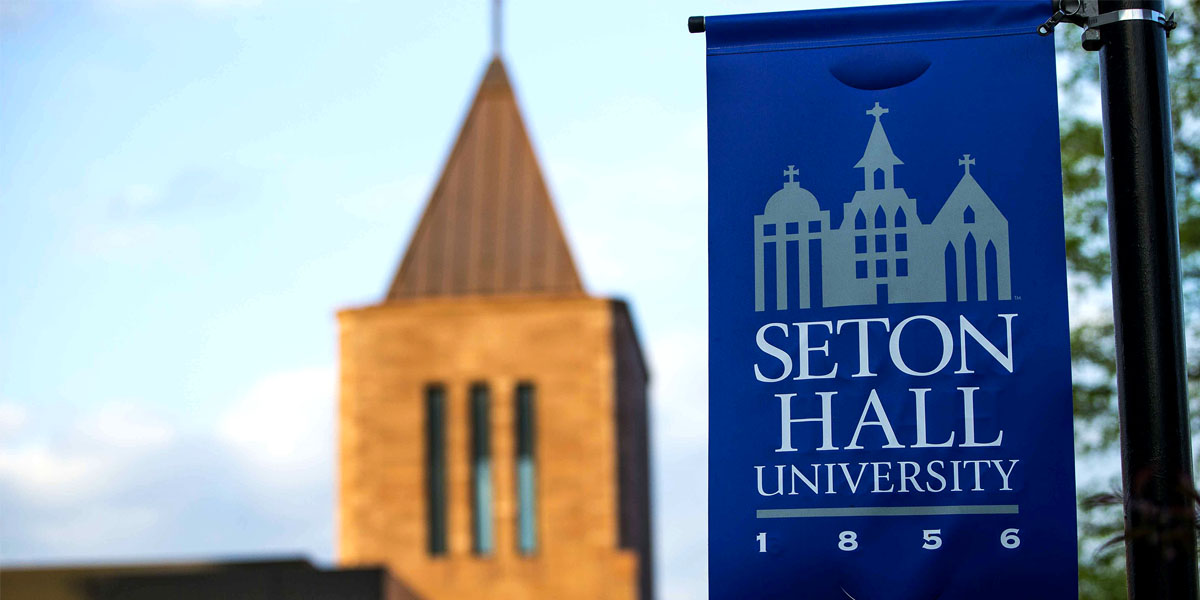Faith, Funds, and Freedom: Supreme Court Poised to Expand Religious Charity Tax Breaks
Religion
2025-03-31 19:31:08Content

In a pivotal hearing on Monday, the Supreme Court seemed to lean towards supporting a Catholic Charities chapter's constitutional challenge against Wisconsin's unemployment tax policy. The organization argued that the state's current exemption framework, which grants tax relief to churches, religious schools, and select religious groups, unfairly excludes their organization.
The justices appeared receptive to the argument that the state's differential treatment potentially violates constitutional principles of religious equality. By creating a selective exemption system that seemingly discriminates against certain religious organizations, Wisconsin may have inadvertently created a legal challenge that could reshape how state tax policies interact with religious institutions.
Catholic Charities contends that their exclusion from the tax exemption is not only financially burdensome but also represents a form of unequal treatment under the law. The case highlights the complex intersection of religious freedom, tax policy, and constitutional rights, with potentially far-reaching implications for how states manage tax exemptions for religious organizations.
As the Supreme Court deliberates, legal experts are closely watching how the justices will balance the principles of religious neutrality and equal protection with the practical considerations of state tax regulations.
Supreme Court Weighs Religious Exemption in Landmark Tax Dispute
In a pivotal legal confrontation that could reshape the boundaries between religious organizations and state taxation, the United States Supreme Court found itself deliberating a complex constitutional challenge brought forth by a Catholic Charities chapter challenging Wisconsin's unemployment tax policies.Constitutional Rights Meet State Taxation: A High-Stakes Legal Battle
The Constitutional Landscape of Religious Exemptions
The intricate legal terrain surrounding religious organizations' tax obligations has long been a contentious arena of constitutional interpretation. Catholic Charities' challenge represents a nuanced exploration of First Amendment protections and state regulatory powers. The case hinges on a fundamental question: Can state governments create differential tax treatment that seemingly discriminates against religious organizations? Legal scholars have long recognized the delicate balance between governmental neutrality and religious freedom. The Supreme Court's deliberations suggest a potential landmark ruling that could significantly impact how states structure tax exemptions for religious institutions. The justices' line of questioning indicated a deep engagement with the constitutional principles at stake.Wisconsin's Taxation Framework and Potential Discriminatory Practices
Wisconsin's current unemployment tax structure presents a complex regulatory environment where certain religious entities receive preferential treatment. The state's existing framework provides exemptions for churches, religious schools, and select religious organizations, creating a nuanced legal landscape that Catholic Charities argues is fundamentally unfair. The organization contends that the current exemption model creates an unconstitutional hierarchy of religious institutions, effectively privileging some over others. This argument challenges the state's discretionary power in designing tax policies that might inadvertently discriminate against specific religious organizations.Judicial Perspectives and Constitutional Interpretation
The Supreme Court's apparent sympathy towards Catholic Charities' argument signals a potential shift in how religious exemptions are conceptualized. Justices seemed particularly interested in exploring the constitutional implications of differential tax treatment among religious organizations. Legal experts suggest that the court's deliberations could establish a precedent that fundamentally reshapes how states approach religious tax exemptions. The case represents more than a localized dispute; it embodies a broader conversation about the intersection of religious freedom, equal protection, and governmental regulatory powers.Broader Implications for Religious Institutions
Beyond the immediate dispute, this case carries profound implications for religious organizations nationwide. A favorable ruling could potentially standardize tax exemption policies, creating a more uniform approach to how religious entities are treated under state tax regulations. The potential ramifications extend far beyond Wisconsin's borders, potentially establishing a constitutional framework that could influence tax policies in numerous jurisdictions. Religious organizations across the United States are closely monitoring the Supreme Court's deliberations, recognizing the transformative potential of this legal challenge.Constitutional Principles at the Forefront
At its core, this case represents a sophisticated examination of constitutional principles. The Supreme Court's ultimate decision will likely provide critical guidance on the delicate balance between governmental regulatory authority and religious institutional autonomy. The justices' careful consideration underscores the complexity of constitutional interpretation, demonstrating the nuanced approach required when addressing intersectional legal challenges involving religious freedom and state taxation policies.RELATED NEWS
Religion

Faith, Doubt, and Discovery: Benson Boone's Candid Journey Beyond Mormon Roots
2025-03-11 22:57:58
Religion

Education Under Siege: How the Supreme Court May Reshape Public School Landscape
2025-04-28 09:00:00






